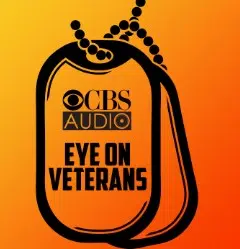(Reuters) – Serbian President Aleksandar Vucic and Kosovo Prime Minister Albin Kurti attended EU-mediated talks in Brussels on Thursday aimed at alleviating renewed tensions between the estranged western Balkan neighbours.
The two men failed to reach a solution but agreed to further talks in the coming days, European Union foreign policy chief Josep Borrell said after the talks.
Ethnic Serbs in northern Kosovo blocked roads and erected barricades on July 31 in protest over Kosovo’s decision to oblige them to start using vehicle licence plates made in Pristina.
Both Kosovo and Serbia aim to join the European Union and in order to complete that process both parties need to resolve outstanding issues and build good neighbourly relations.
Here are some facts about the Belgrade-Pristina standoff:
WHY IS THERE TENSION?
Kosovo won independence from Serbia in 2008, almost a decade after a guerrilla uprising against repressive Belgrade rule. It is the world’s second-youngest country after South Sudan.
However, Serbia legally still considers Kosovo an integral part of its territory. It rejects suggestions that it is whipping up tensions and conflict there and accuses Pristina of denying minority Serbs their rights.
Ethnic Serbs account for 5% of Kosovo’s population of 1.8 million, which is 90% ethnic Albanian.
WHY HAS TENSION FLARED AGAIN RECENTLY?
Pristina said it would oblige Serbs living in the north to start using car number plates issued in Pristina.
The roughly 50,000 Serbs believed to live in the northern part of Kosovo, near the border with Serbia, however, are backed by Belgrade and do not recognise Kosovo institutions. They refuse to pay Kosovo’s power operator for the electricity they use, and police are frequently attacked during arrests.
Tensions eased after Kosovo Prime Minister Albin Kurti, under U.S. and EU pressure, agreed to postpone the number plates rule until Sept. 1.
WHAT DO THE SERBS WANT?
Kosovo Serbs want to create an association of majority-Serb municipalities to have greater autonomy. Serbia and Kosovo committed in 2013 to a dialogue sponsored by the EU to try to resolve the issue but have made little progress.
WHAT IS THE ROLE OF NATO AND THE EU?
NATO has around 3,700 troops stationed in Kosovo to maintain its fragile peace. It said this month that it would intervene in line with its mandate if stability were jeopardised. The European Union Rule of Law Mission in Kosovo (EULEX), which arrived in 2008, still has around 200 special police officers in the area.
(Reporting by Fatos Bytyci; Editing by Gareth Jones)







